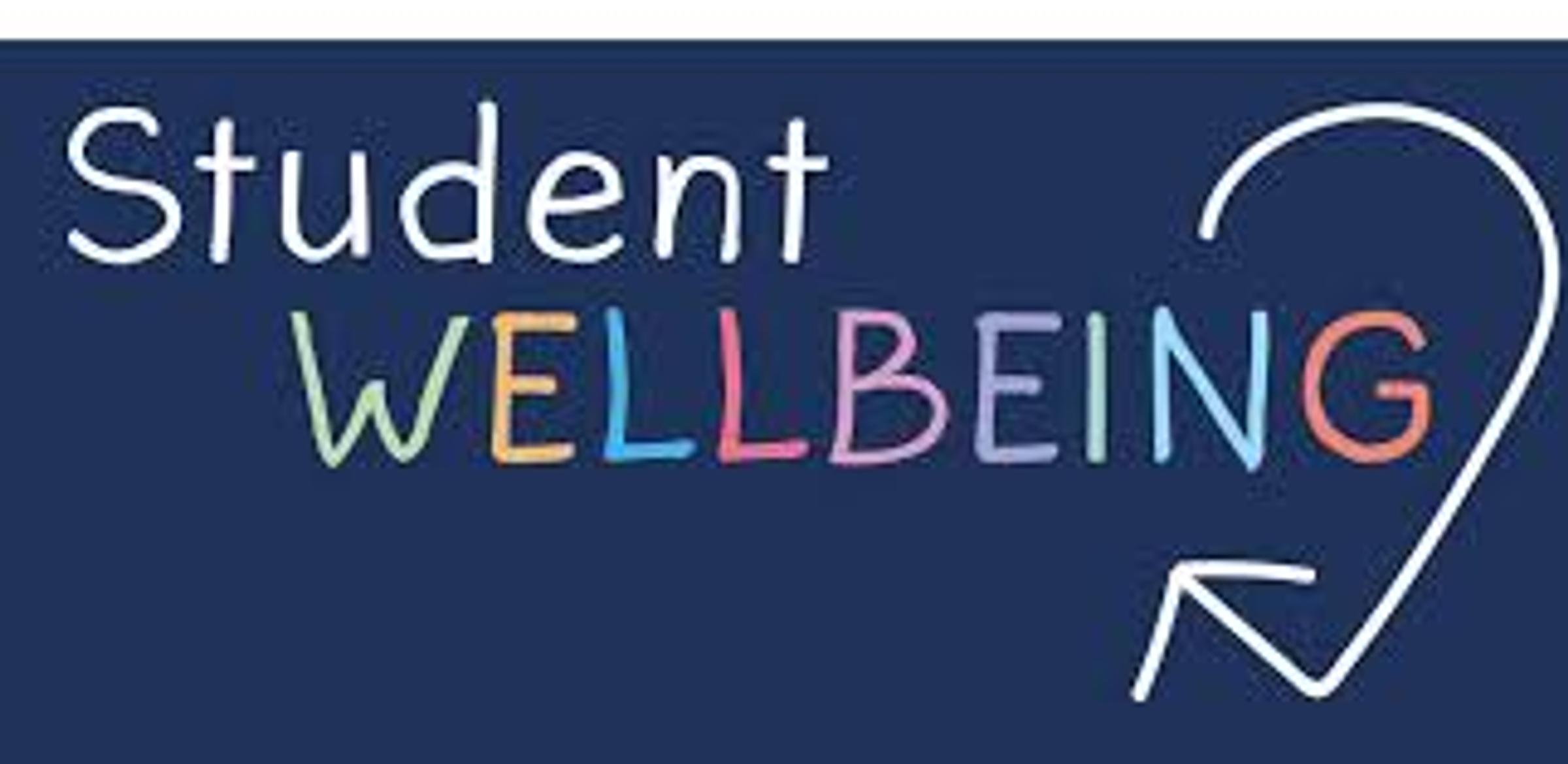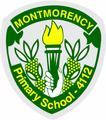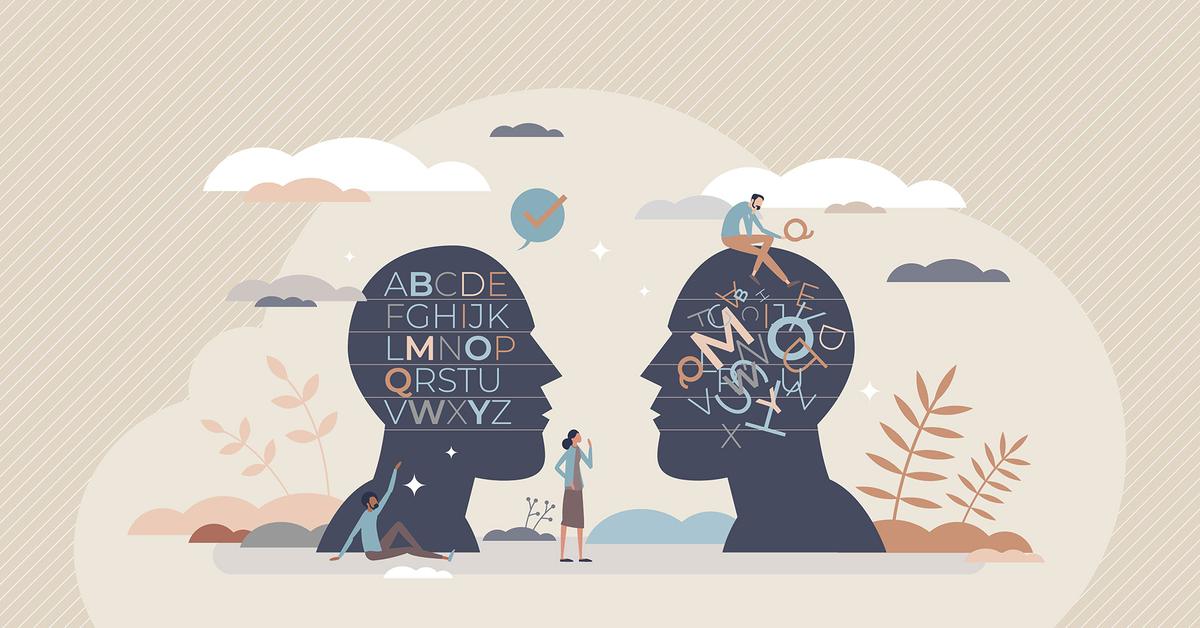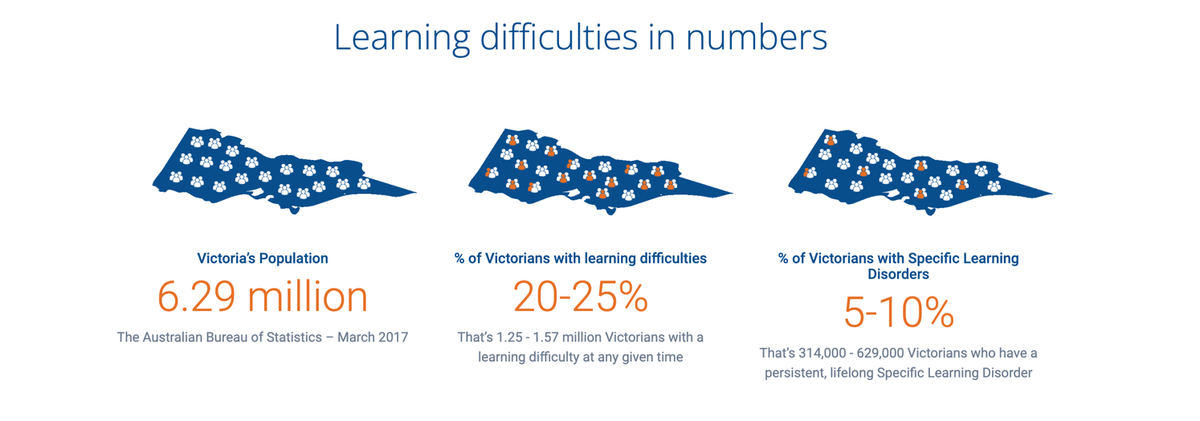Wellbeing

October is Learning Disabilities, Dyslexia and Attention Deficit Hyperactivity Disorder Awareness Month
What is a diverse learner?
Diverse learners include students with autism, attention deficit hyperactivity disorder and learning difficulties such as dyslexia and dyscalculia. According to 2019's Understanding Learning Difficulties: A Practical Guide, on average, there are 4 to 5 diverse learners in every mainstream classroom.
What is a learning difficulty?
'Learning difficulty' is an umbrella term to describe difficulty some students experience with learning because of a variety of reasons, such as disability.
Students with a learning difficulty may be unable to access the curriculum through high-quality instruction alone. However, with tailored support, these students can close the gap between themselves and their peers. Teachers work towards understanding why a student may be experiencing difficulties to help them to better access the curriculum.
What is dyslexia?
Dyslexia is one of the most common forms of specific learning disability.
Central features of dyslexia include difficulties with accurate or fluent word decoding, reading and spelling, together with a delayed response to intervention. Dyslexia is a lifelong condition. However, students with dyslexia can learn to read with fluency and accuracy given intensive, evidence-based intervention over extended periods.
How we can support diverse learners - click on links for more information:
Understanding learning difficulties
Understanding what can cause learning difficulties and how these are different from learning disabilities.
Common signs of a learning difficulty
Learning difficulties is a term used to describe children who have trouble with their learning.
Learning difficulties - what to expect from your child's school
Your child's school should help make sure that they can understand and take part in learning on the same basis as their peers.
How to talk to your school about your child’s learning difficulty
If you have concerns about your child’s learning, it's important to discuss these concerns with your child's school.
How to decide if your child needs a formal assessment for a learning difficulty
Your child's school can help support their learning, but a formal assessment by a trained health professional may be useful.
Learning difficulties: How to know if your child is improving
There are several ways that you can monitor their progress at home.
Supporting your child's learning difficulty at home
There are many ways that you can support your child and help them grow and improve at home.
Online tools and resources for learning difficulties
There are online tools and resources that can help support your child's learning difficulties.
More specific information for parents assessed can be found -


